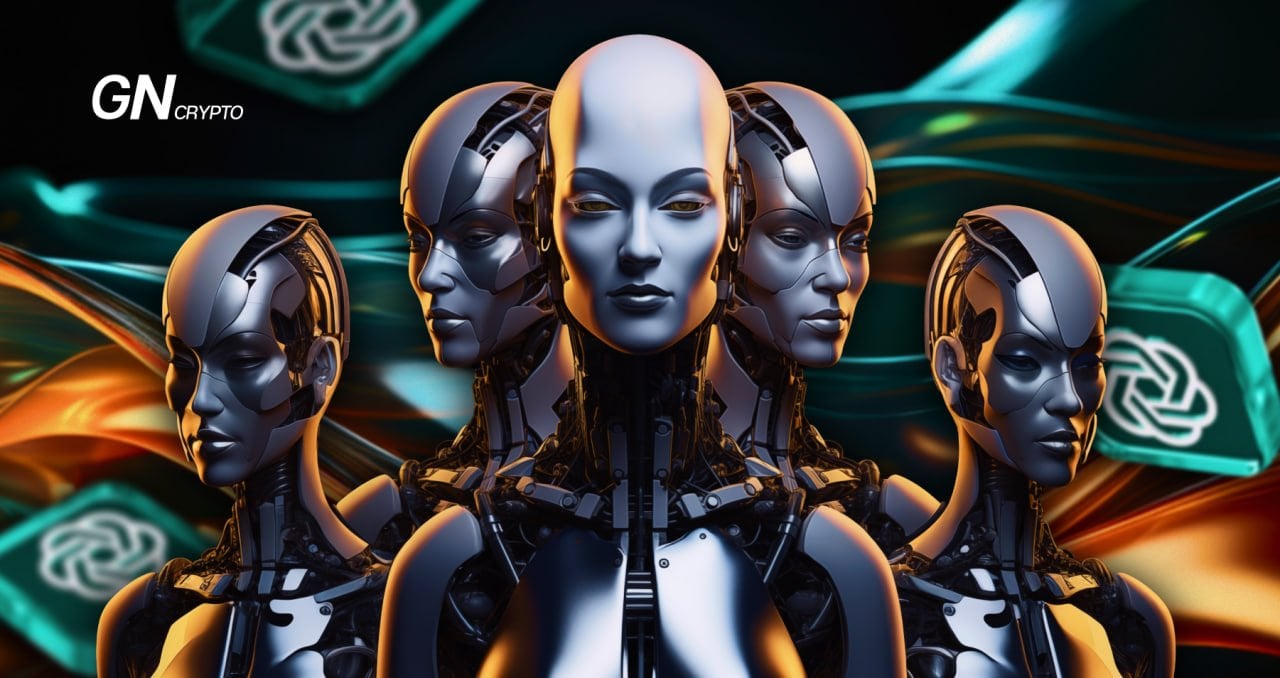AI Alliance: The Battle for Open Source

The artificial intelligence sector is rallying together to present a formidable challenge to OpenAI. This newly-formed AI Alliance is set to comprise around 50 entities from both the commercial and academic spheres.
Central to the formation of the Alliance are tech giants Meta, spearheaded by Mark Zuckerberg, and IBM, a global heavyweight in software and hardware supply. The Alliance also boasts participation from prominent graphics processor and computer hardware manufacturers like Intel and AMD, as well as software development firms such as Oracle and ServiceNow. The academic facet of the Alliance includes institutions like Cornell University and the National Science Foundation.
Frankly, we’ve been a little bit unsatisfied with the overall debate and the discussions on AI over the last year. We did not feel that it reflected the diversity of the ecosystem that is making this AI moment possible,states Darío Gil, senior vice president at IBM and director of IBM Research.
It’s important to recognize that closed source LLMs are not exclusive to OpenAI but are also being developed by notable players like Anthropic and Cohere. These companies solely control their AI developments, offering their services to third parties and individuals only through paid arrangements. Consequently, the financial stakes are substantial. For instance, as per International Data Corp's research, global private sector investments in AI solutions are projected to hit about $16 billion in 2023, with expectations to surge to $143 billion by 2027.
Sam Altman's AI behemoth certainly couldn’t monopolize this entire market. The AI Alliance aims to compel him to share, introducing an alternative solution. This alternative is envisaged as a comprehensive integration of hardware, software, and various AI tools. Each member of the Alliance is committed to contributing to the collaborative development of this shared AI product, bringing their intellectual and material resources to the table.
The participants of this new union believe that the recent staff reshuffles within OpenAI might prompt businesses to seek alternative AI product providers. The objective here is to lessen the market's dependency on Sam Altman’s company, which has been mired in controversies.
If you think the future of AI is going to be determined by two, three or five institutions, you’re mistaken. I hope that it gives more clarity and confidence that the world of open innovation is a world to bet in,Darío Gil concludes.

